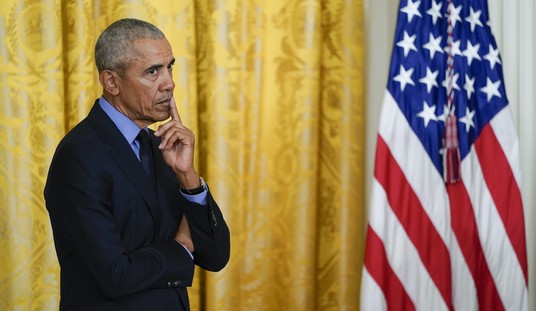As the American economy continues to struggle through a mortgage crisis, credit crisis and job losses, part of the immense worldwide phenomenon, it would be wise for our elected representatives to consider reducing the amount of taxpayer money they spend annually. One area where substantial cuts could be made is in foreign aid. The United States spends more money on foreign aid than any other nation in the world. Some of this is beneficial in both a humanitarian and a strategic sense. Some, however, should be eliminated.
President George W. Bush's Fiscal Year 2009 Foreign Operations Budget for the Department of State, the U.S. Agency for International Development (USAID) and other foreign affairs agencies totals $26.1 billion. The requested amount is an 8.9% increase over the total Fiscal Year 2008 (October 1, 2007-September 30, 2008) amount enacted to date, including emergency funding. In addition, the United States contributes well over $3 billion to the United Nations, an organization which in turn welcomes our enemies to speak against us. The U.S. State Department notes that the United States is a generous supporter - in many cases the largest supporter-of key U.N. programs. In 2004, the U.S. contributed 48% of the budget of the World Food Program to help feed 104 million people in 81 countries; 17% of the budget of the United Nations Children's Fund (UNICEF) to feed, vaccinate, educate and protect children in 157 countries; and 31% of the budget of the United Nations High Commissioner for Refugees to safeguard the rights and well being of 19.2 million refugees in 116 countries. According to USAID, such large amounts of money are needed to promote "responsible sovereignty, not permanent dependency" among recipient nations.
Recommended
After decades of giving ever increasing sums to various countries and non-governmental organizations (NGOs) throughout the world, American taxpayers should see return benefits on their contributions, including the successful development of third-world countries and a decrease in anti-Americanism. Yet it seems that the opposite occurs. More people accuse us of not doing enough to help the poor and the less fortunate; more demand greater sums of money; more hate us, in part through envy; and more seem ungrateful for the benefits they do receive. In addition, few if any countries or organizations ever declare that they have reached the point of self-sufficiency and no longer need to receive monies from the United States. In spite of USAID's lofty rhetoric, it seems that most of the Federal Government's foreign aid creates dependency and enables some foreign bureaucrats and NGOs to enrich themselves at the expense of those they purport to serve and help.
As a new administration prepares to take office, it would be wise for our newly elected officials to consider reforming and reducing the amount of foreign aid. The Brookings Institution noted two years ago that the current system of U.S. foreign assistance is "an incongruent structure that includes 50 separate offices which address a dizzying array of more than 50 objectives ranging from narcotics eradication to refugee assistance. Different agencies pursue these overlapping objectives with shockingly poor communication and even worse coordination between them. At best, the lack of integration means that the United States fails to take advantage of potential synergies; at worst, these disparate efforts work at cross purposes. As a result, America punches well below its throw weight in the international arena as the quality of its aid strategy compromises the quantity of its absolute aid dollars." In order to improve the strategic and humanitarian effectiveness of our foreign aid, we would do well to trim and streamline the bureaucracy which handles it and to demand results from those who receive it.
I should note that in addition to taxpayer-funded foreign aid, Americans are more generous with private donations to charities than other peoples in the world. According to the annual Index of Global Philanthropy and the Department of State's Bureau of International Information Programs, in 2005 (the most current data available) $95.5 billion in American foreign aid came from private foundations, corporations, voluntary organizations, universities, religious organizations and individuals. And the dollar amounts do not indicate how much time Americans spend volunteering overseas.
Many American families are making sacrifices this fall and winter, reining in their spending and setting reasonable budgets for themselves. Perhaps the Federal Government can learn from them and do likewise.

























Join the conversation as a VIP Member